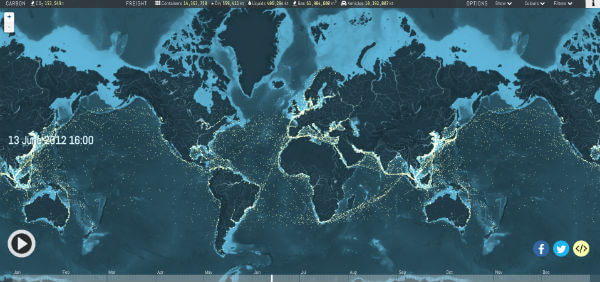By Sarah Waters, University of Leeds and Jenny Chan, University of Oxford
A Paris prosecutor recently called for the former CEO and six senior managers of telecoms provider, France Télécom, to face criminal charges for workplace harassment. The recommendation followed a lengthy inquiry into the suicides of a number of employees at the company between 2005 and 2009. The prosecutor accused management of deliberately “destabilising” employees and creating a “stressful professional climate” through a company-wide strategy of “harcèlement moral” – psychological bullying.
All deny any wrongdoing and it is now up to a judge to decide whether to follow the prosecutor’s advice or dismiss the case. If it goes ahead, it would be a landmark criminal trial, with implications far beyond just one company.
Workplace suicides are sharply on the rise internationally, with increasing numbers of employees choosing to take their own lives in the face of extreme pressures at work. Recent studies in the United States, Australia, Japan, South Korea, China, India and Taiwan all point to a steep rise in suicides in the context of a generalised deterioration in working conditions.
Rising suicides are part of the profound transformations in the workplace that have taken place over the past 30 years. These transformations are arguably rooted in the political and economic shift to globalisation that has radically altered the way we work.
In the post-war Fordist era of industry (pioneered by US car manufacturer Henry Ford), jobs generally provided stability and a clear career trajectory for many, allowing people to define their collective identity and their place in the world. Strong trade unions in major industrial sectors meant that employees could negotiate their working rights and conditions.
But today’s globalised workplace is characterised by job insecurity, intense work, forced redeployments, flexible contracts, worker surveillance, and limited social protection and representation. Zero-hour contracts are the new norm for many in the hospitality and healthcare industries, for example.
Now, it is not enough simply to work hard. In the words of Marxist theorist Franco Berardi, “the soul is put to work” and workers must devote their whole selves to the needs of the company.
For the economist Guy Standing, the precariat is the new social class of the 21st century, characterised by the lack of job security and even basic stability. Workers move in and out of jobs which give little meaning to their lives. This shift has had deleterious effects on many people’s experience of work, with rising cases of acute stress, anxiety, sleep disorders, burnout, hopelessness and, in some cases, suicide.
Continue reading →



